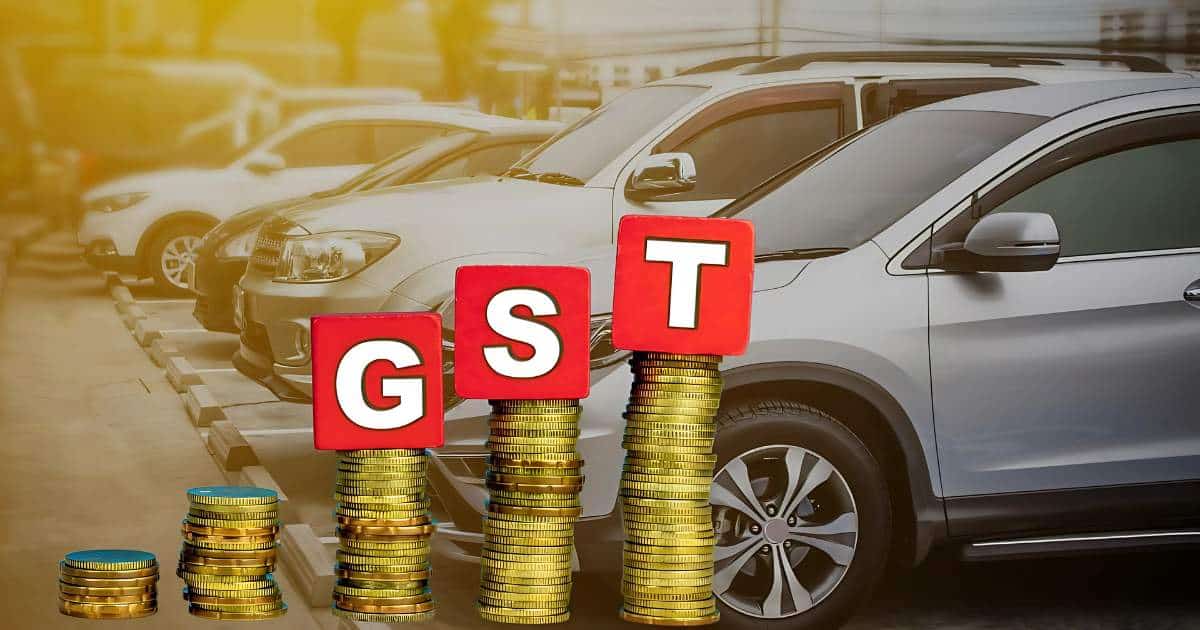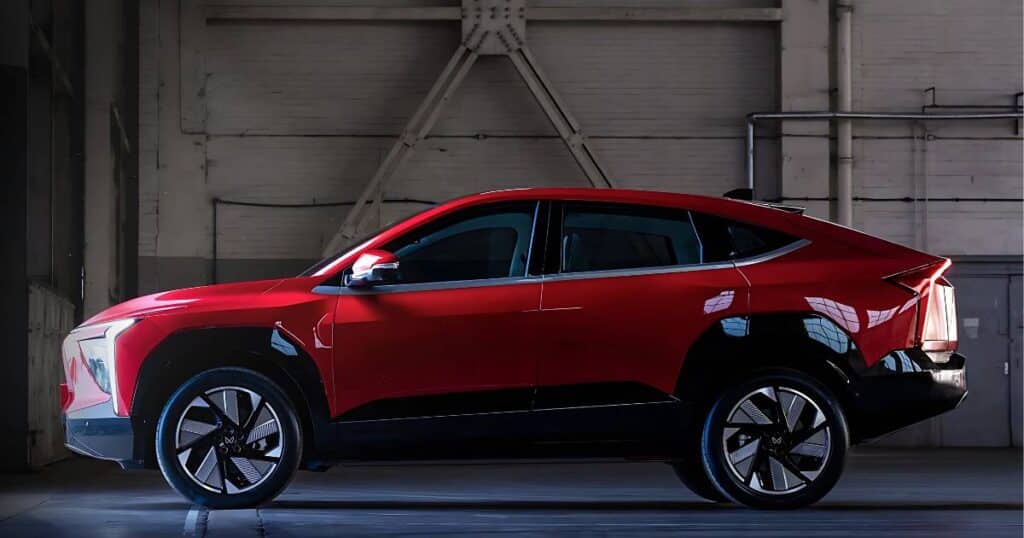Understanding GST on Used Cars: Taxable Only Above Depreciated Value Threshold
The Goods and Services Tax (GST) has been a significant reform in the Indian taxation system, impacting various sectors, including the automobile industry. One area that often raises questions is the application of GST on the sale of used cars. This blog post aims to clarify the nuances of GST on used vehicles, ensuring you have a clear understanding of how it works.
GST Applicability on Used Cars
As per the latest guidelines, GST is applicable on the sale of used cars only if the selling price exceeds the depreciated cost price of the vehicle. This means that registered individuals or businesses need to pay GST only on the margin, which is the difference between the selling price and the depreciated value of the car.
Depreciation and GST Calculation
Depreciation plays a crucial role in determining the GST on used cars. Under the Income Tax Act, depreciation claims affect the cost price of the vehicle. If the selling price is higher than the depreciated value, GST is levied at a rate of 18% on the margin. However, if the margin is negative, no GST is payable.
For example, if a registered person sells a used vehicle for Rs 10 lakh, which was originally purchased for Rs 20 lakh and has a depreciated value of Rs 12 lakh, the margin is negative (Rs10 lakh – Rs12 lakh). In this case, no GST is payable. Conversely, if the selling price is Rs 15 lakh, the margin is Rs 3 lakh (Rs 15 lakh – Rs 12 lakh), and GST is payable on this margin at 18%.
GST Rates and Categories
The GST Council has standardized the GST rate for all old and used vehicles, including electric vehicles (EVs), at 18%. This rate applies uniformly, replacing the earlier varied rates based on the type and size of the vehicle. This change aims to simplify the taxation process and ensure consistency across the board.
Also Read: What is Emissions Test For Vehicles
GST on Used Cars Effects on Electric Vehicles and Small CNG Cars
The GST Council’s decision to increase the GST rate on old and used EVs and small fossil fuel cars from 12% to 18% aligns with the rate for larger cars and SUVs. This move is intended to streamline the tax structure and promote uniformity. However, it is essential to note that GST is applied only on the margin and not on the total sale value of the vehicle.
For instance, if a used EV is sold for Rs 10 lakh with a depreciated value of Rs 8 lakh, the margin is Rs 2 lakh, and GST is payable on this margin at 18%. This approach ensures that the tax burden is proportionate to the profit earned from the sale.
Also Read: Car Battery Maintenance: Keep Your Vehicle Running Smoothly
GST on Used Vehicles Implications for Dealers and Consumers
Dealers need to maintain accurate records of transactions to comply with the GST regulations effectively. The revised GST rates may slightly impact the resale market for EVs, particularly for cost-sensitive buyers. However, the overall objective is to promote transparency and fairness in the taxation of used vehicles.
Understanding GST on used vehicles is important for buyers and sellers of used cars. It is essential to consider the car’s reduced value and any potential GST costs. This awareness helps avoid unexpected issues during the sale or purchase.
Conclusion
The GST on used cars is designed to ensure that tax is levied fairly based on the profit margin rather than the total sale value. By understanding the depreciation rules and the applicable GST rates, both sellers and buyers can navigate the used car market more effectively. This comprehensive guide aims to demystify the GST regulations on used cars, providing clarity and confidence in your transactions.
















